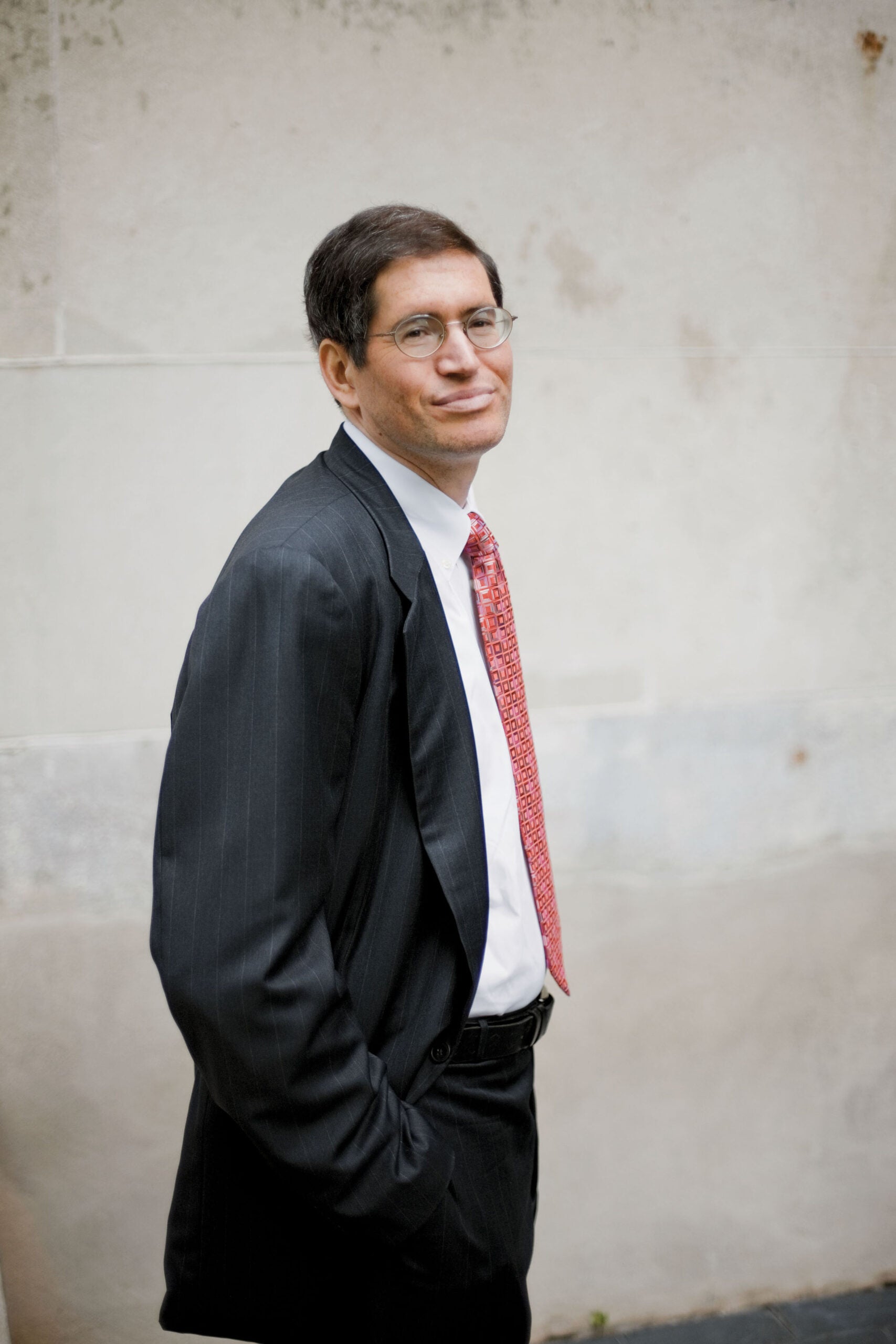Drawing on his interests in constitutional law, constitutional history, and racial equality, Professor Michael Klarman’s Last Lecture explored the obstacles faced — and in many ways, overcome — by feminist lawyers and African-American civil rights lawyers in the middle of the last century. In today’s challenging political climate, he said, the heroic work of Ruth Bader Ginsburg, Thurgood Marshall, Charles Hamilton Houston, and others offers “a message of hope and resilience.”
Black lawyers in the South faced “the threat and reality of physical violence,” prejudice from all-white judges and juries , and even from the Supreme Court, and trumped-up legal sanctions for violating ethical constraints. Women had a hard time even getting a legal education, and more difficulty convincing mostly elderly male judges to take their claims seriously.
And “one might think that the main difficulty lawyers face is coming up with convincing legal arguments, but for black civil rights lawyers and pioneering feminist lawyers that often wasn’t enough,” Klarman observed. “The system they were challenging was so fundamentally unfair that even arguments that seem obviously compelling often would lose.”
Social reform is not just about winning cases in court, Klarman reminded his audience. “It’s also about trying to educate public opinion in support of social change.” Working with the NAACP, Marshall and Houston went into Southern black communities to educate people about their rights, and to encourage them to believe that progressive change was possible. “Southern blacks were not accustomed to seeing blacks stand on a footing of equality or near equality with whites,” he noted. “But a black lawyer in court could, for example, cross-examine a Southern sheriff who was denying that he had beaten a black defendant into confessing. Such performances had enormous and beneficial effects on black audiences in the courtroom.” For her part, Ginsburg argued seven landmark sex discrimination cases before the Supreme Court, winning five of them, but she also founded the Women’s Rights Project, an organization modeled on the NAACP, and wrote, corresponded, taught and spoke extensively on women and the law.
“I hope you’re as inspired by these individuals as I am,” Klarman told the graduating class. “I think you should be hopeful, you should be angry, you should be committed, and I hope you’ll get to work. The cause of social justice needs you as much as it ever has before.”
